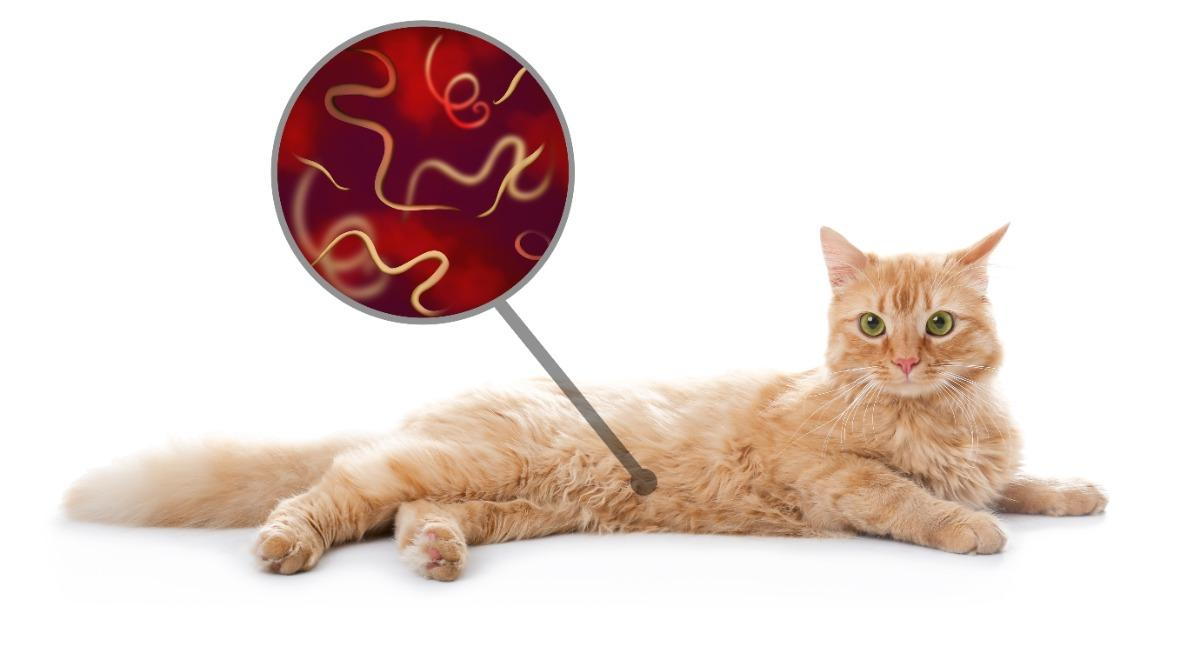
- posted: Mar. 05, 2024
A Comprehensive Guide to Worm Infestations in Dogs
Worms are a prevalent type of pet parasite that can infest dogs of all ages and breeds. They can also cause your dog pain and affect its heart and kidneys if left untreated. At Morgan Pet Clinic in Omaha, NE, we provide various treatments to alleviate any discomfort your pet is experiencing and help him or her feel its best. Before you visit us, learn about common types of worms in dogs and their symptoms below:
Common Types of Worms in Dogs
There are several types of worms that can infest dogs. Each type also has with its own life cycle and is transmitted differently. The most common types of worms in dogs include:
• Roundworms: These spaghetti-like worms are commonly transmitted through the mother's milk to puppies or by ingesting contaminated soil.
• Hookworms: These hook-shaped worms attach to the intestinal lining, feeding on blood and causing anemia. They are typically transmitted through the skin or by ingesting contaminated soil.
• Tapeworms: These worms are transmitted by ingesting fleas or infected prey.
• Whipworms: These thin, whip-like worms live in the large intestine and can cause bloody diarrhea and weight loss.
Symptoms of a Worm Infestation
While some dogs with mild worm infestations may not exhibit any symptoms, common signs to watch for include:
• Weight loss: Despite a normal appetite, unexplained weight loss can indicate a worm infestation.
• Diarrhea: Frequent loose stools or diarrhea can be a sign of worms irritating the intestines.
• Vomiting: Worms, especially in severe infestations, can cause vomiting.
• Visible worms in stool: In some cases, you may see adult worms or worm segments in your dog's feces.
• Pot-bellied appearance: This appearance is a common symptom in puppies with roundworm infestations.
• Scooting: This action refers to a dog dragging its rear end on the ground, often due to anal itching caused by worms.
Importance of Early Diagnosis and Treatment
If you suspect your dog has worms, it's crucial to seek professional veterinary care as soon as possible. Early diagnosis and treatment can prevent serious health complications, especially in puppies and immunocompromised dogs. Our veterinarians can perform a fecal exam to diagnose the specific type of worm and recommend the appropriate treatment plan.
How to Prevent Worm Infestations
Regular deworming is essential in preventing worm infestations in dogs. The frequency and type of dewormer will vary depending on your dog's age, lifestyle, and risk factors. You can also reach out our vets and we can advise you on the most appropriate deworming schedule for your pet.
Contact us for Treatment Today!
If your pet is experiencing any symptoms of worms, our team at contact Morgan Pet Clinic in Omaha, NE, can help. To learn more about our treatments or to schedule an appointment, contact us at (402) 895-1001 today. When you’re seeking a veterinarian near me, we are happy to assist you!
